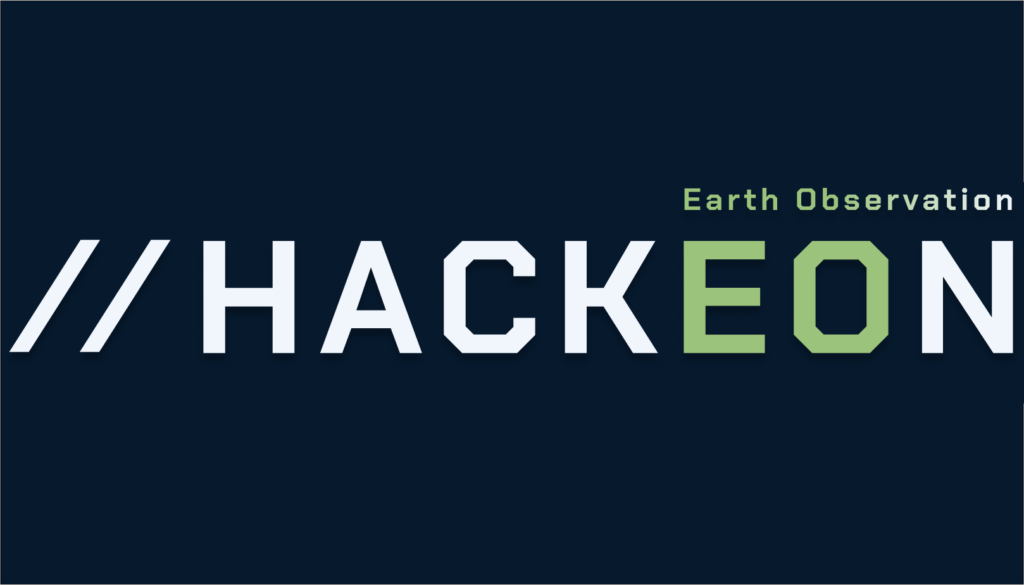Project state
closed
Project start
February 2024
Funding duration
12 months
Universities involved
UZH, ZHAW
Practice partners
Funding amount DIZH
CHF 50'000
This hackathon event gives participants all means to capitalize on the application of Earth Observation data for the sustainable management of natural resources. The mission is to enrich participants with EO-knowledge and an entrepreneurial spirit surrounding sustainability.
The HackEOn was a great success and exceeded the project team’s expectations in terms of the number of participants and the quality of the results. The two preliminary events met with great interest: Over 95 and 85 committed participants respectively followed inspiring presentations by experts from industry, start-ups and public authorities who use satellite data (Earth Observation, EO) in their daily work. The aim of these evening events was to generate enthusiasm for the topics of the hackathon and demonstrate the many ways in which satellite data can be used. At the same time, they served as a platform for students from different universities, the speakers and experienced researchers to get to know each other and network.
The highlight of the event series was the hackathon weekend: 45 participants worked on innovative ideas in 11 teams and impressed the jury with strong EO start-up concepts, in-depth market research and impressive software demos. Ten of the eleven teams presented their projects at the final pitch and impressed with the high quality of their ideas, applications and presentations.
The large number of possible applications developed during the HackEOn, combined with the large number of motivated participants, impressively demonstrates the potential of EOData for the common good.
For the first time, a hackathon in this subject area brought together such a diverse audience: around 40% came from UZH, 30% from ETH Zurich, 10% from ZHAW – supplemented by other students from ZHdK, OST, BFH and even a guest from Austria.
It is particularly pleasing that the format was also able to reach students from non-technical universities (e.g. UZH, ZHAW). The high level of participation shows that there is a great deal of interest in dealing with socially relevant issues in a creative and interdisciplinary way – with or without programming skills.
Team:
Dr. Claudia Röösli, UZH Department of Geography
Nina Walker, ZHAW School of Management and Law
Jochem Braakhekke, UZH Department of Geography
Running time: 2024-2025
